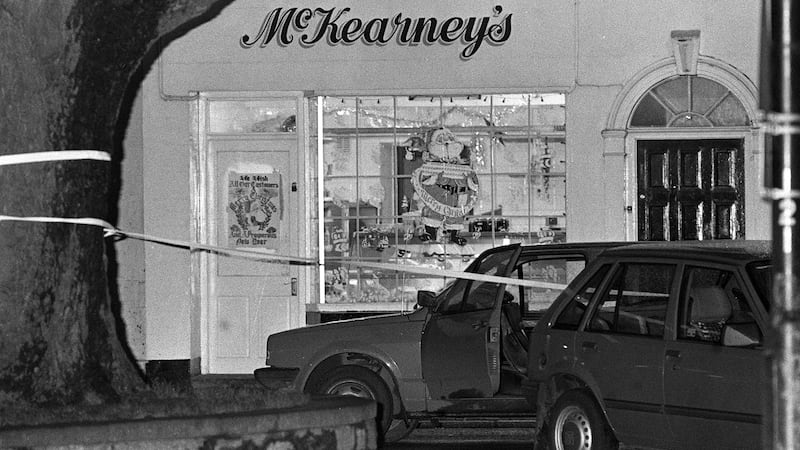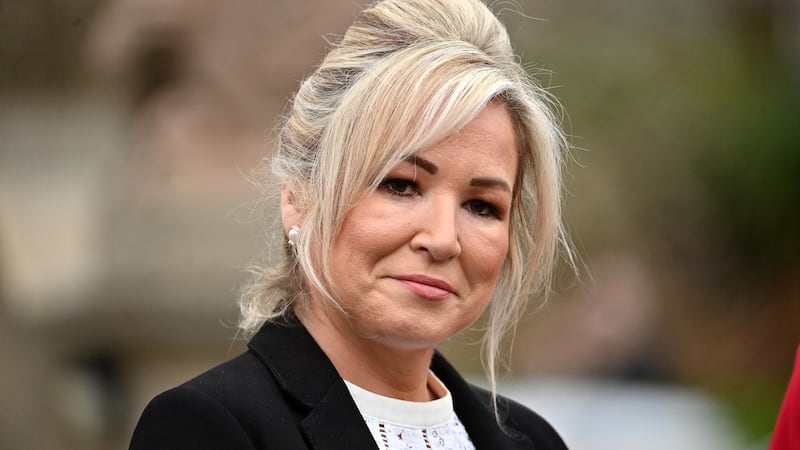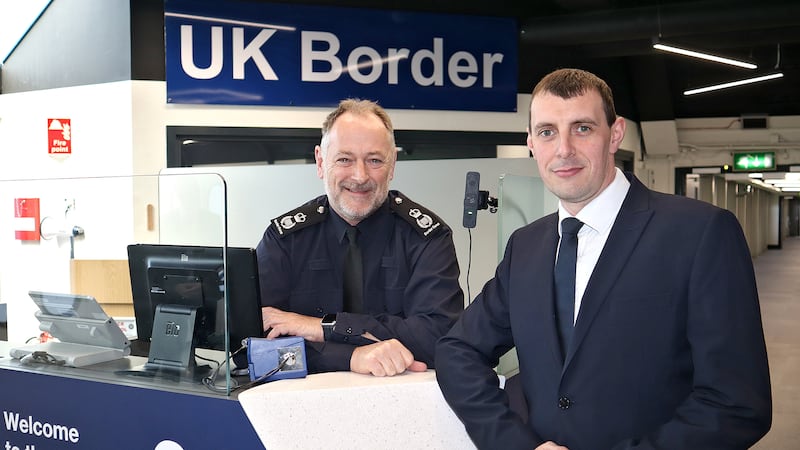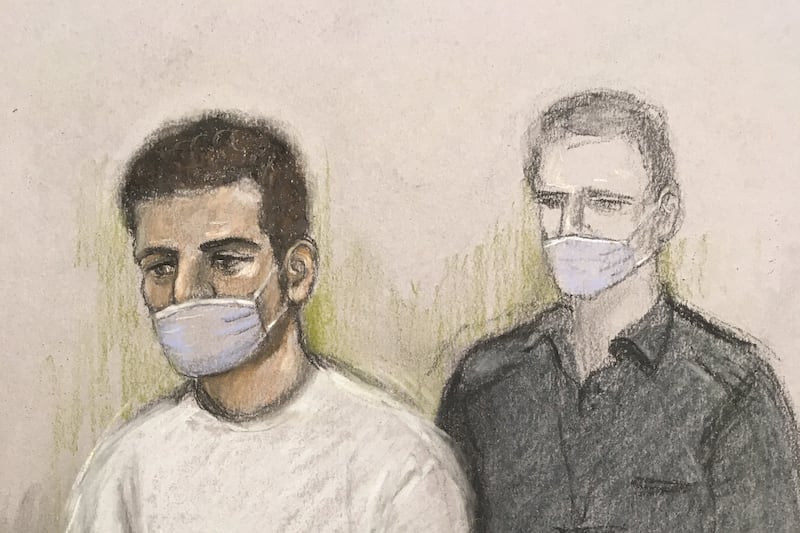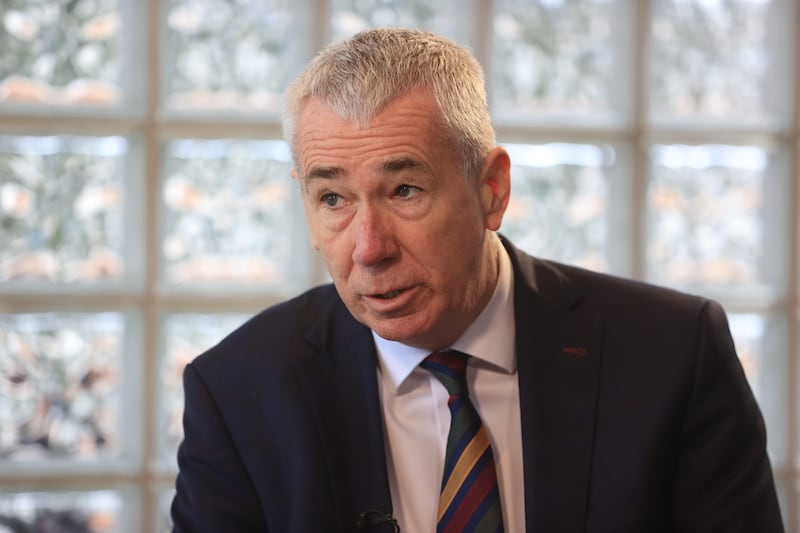An inquest into the loyalist murder of two Catholic men in Co Tyrone more than 30 years ago has heard the status of suspected state agents in the killings should be disclosed.
The call came during an inquest hearing into the murders of Kevin McKearney (32) and Jack McKearney (70), during a gun attack at a family-run butcher shop in Moy in January 1992.
Kevin died instantly, while his uncle Jack died later in hospital.
An earlier hearing had heard that another notorious gunman Robin ‘The Jackal’ Jackson was identified by MI5 as a suspect in the double murder.
Eight months after the McKearney murder, Charlie Fox (63) and his wife Tess (53), who were Kevin McKearney’s in-laws, were gunned down in their home, near Moy, also by a UVF gang.
The McKearney and Fox inquests have been linked.
State agents are believed to have been involved in all four murders.
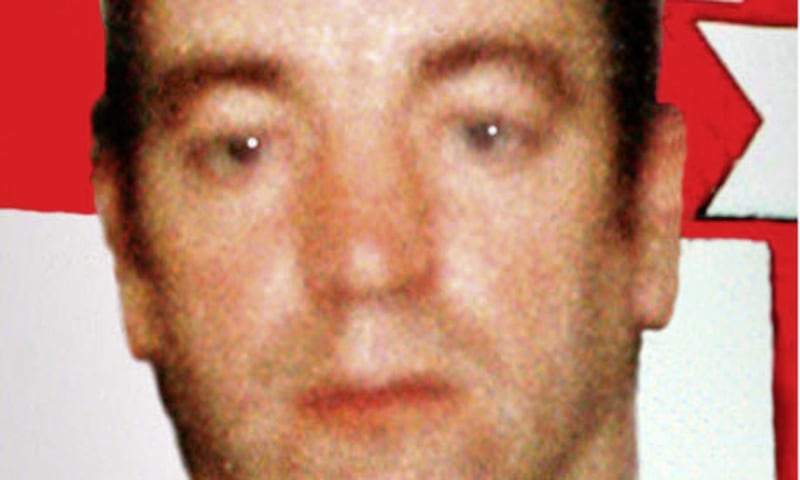
During a previous hearing coroner Richard Greene heard that notorious UVF killer Robin ‘The Jackal’ Jackson was identified by MI5 as a suspect in the McKearney murders.
It is thought the former UDR man was recruited as an agent after the murder of Patrick Campbell in Banbridge, Co Down, in October 1973.
During a hearing on Wednesday, barrister Jude Bunting KC challenged the long-standing position of state agencies to neither confirm nor deny the role of agents and raised general examples when the policy has been set aside in the past.
He said the issue raised “fundamentally important”.
“If the state recruited informants, knowing they were loyalist killers and thereby permitted them to continue to kill we are in the position where you have state tolerated killings
“And that, with respect, doesn’t require an investigation of each and every incident, it requires an interrogation of the people who recruited these informants as to what they knew about the killings and what steps they took to stop the killings.”
He also raised the case of Robin Jackson adding he had been “tipped off on a number of occasions about upcoming arrests”.
Mr Bunting said that was an issue linked to Article Two of the European Convention on Human Rights, which protects the right to life and referred to the “risk of further killings”.
“We say for this inquest not to answer that question would lead to this inquest not fulfilling its statutory obligations,” he added.
